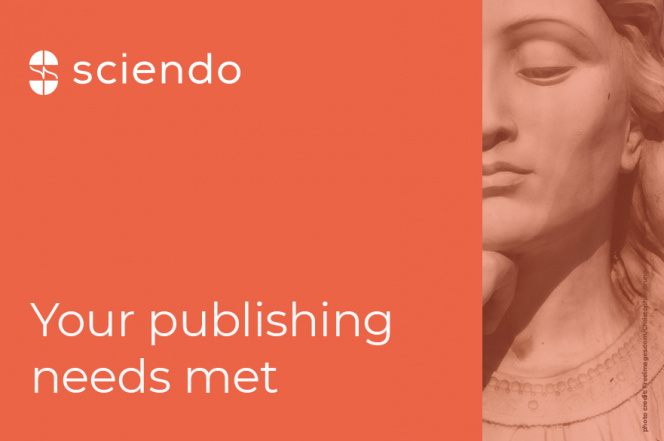ENERGY EFFICIENT AND ENVIRONMENTALLY FRIENDLY HYBRID CONVERSION OF INLAND PASSENGER VESSEL
Abstract
The development and growing availability of modern technologies, along with more and more severe environment protection standards which frequently take a form of legal regulations, are the reason why attempts are made to find a quiet and economical propulsion system not only for newly built watercraft units, but also for modernised ones. Correct selection of the propulsion and supply system for a given vessel affects significantly not only the energy efficiency of the propulsions system but also the environment – as this selection is crucial for the noise and exhaust emission levels. The paper presents results of experimental examination of ship power demand performed on a historic passenger ship of 25 m in length. Two variants, referred to as serial and parallel hybrid propulsion systems, were examined with respect to the maximum length of the single-day route covered by the ship. The recorded power demands and environmental impact were compared with those characteristic for the already installed conventional propulsion system. Taking into account a high safety level expected to be ensured on a passenger ship, the serial hybrid system was based on two electric motors working in parallel and supplied from two separate sets of batteries. This solution ensures higher reliability, along with relatively high energy efficiency. The results of the performed examination have revealed that the serial propulsion system is the least harmful to the environment, but its investment cost is the highest. In this context, the optimum solution for the ship owner seems to be a parallel hybrid system of diesel-electric type.
Keywords:
ship propulsion, hybrid propulsion, green shipping, zero emission, solar powerDetails
- Issue
- Vol. 24 No. 4(96) (2017)
- Section
- Latest Articles
- Published
- 13-01-2018
- DOI:
- https://doi.org/10.1515/pomr-2017-0138
- Licencja:
-

This work is licensed under a Creative Commons Attribution-NonCommercial-NoDerivatives 4.0 International License.
Open Access License
This journal provides immediate open access to its content under the Creative Commons BY 4.0 license. Authors who publish with this journal retain all copyrights and agree to the terms of the CC BY 4.0 license.



